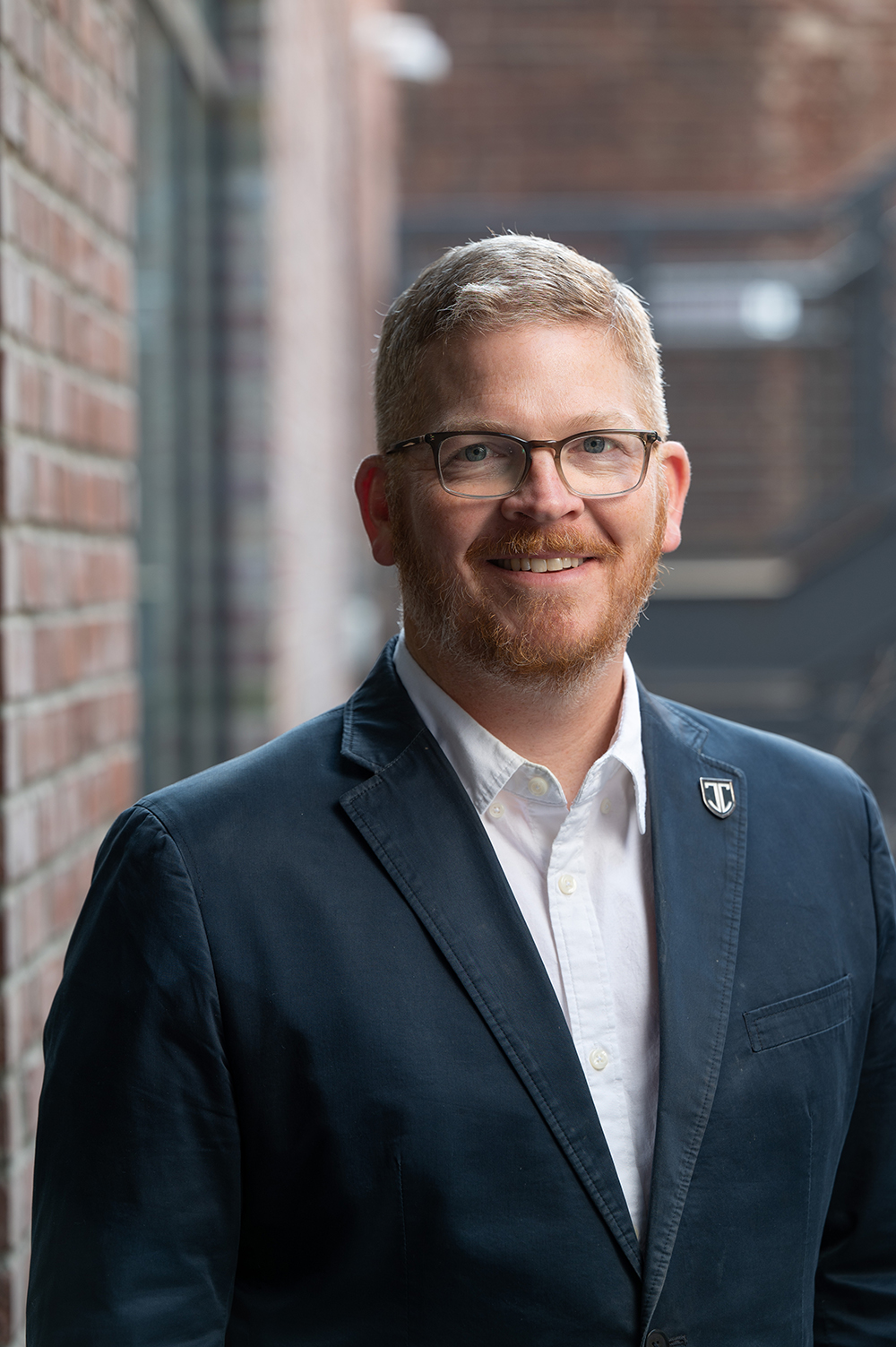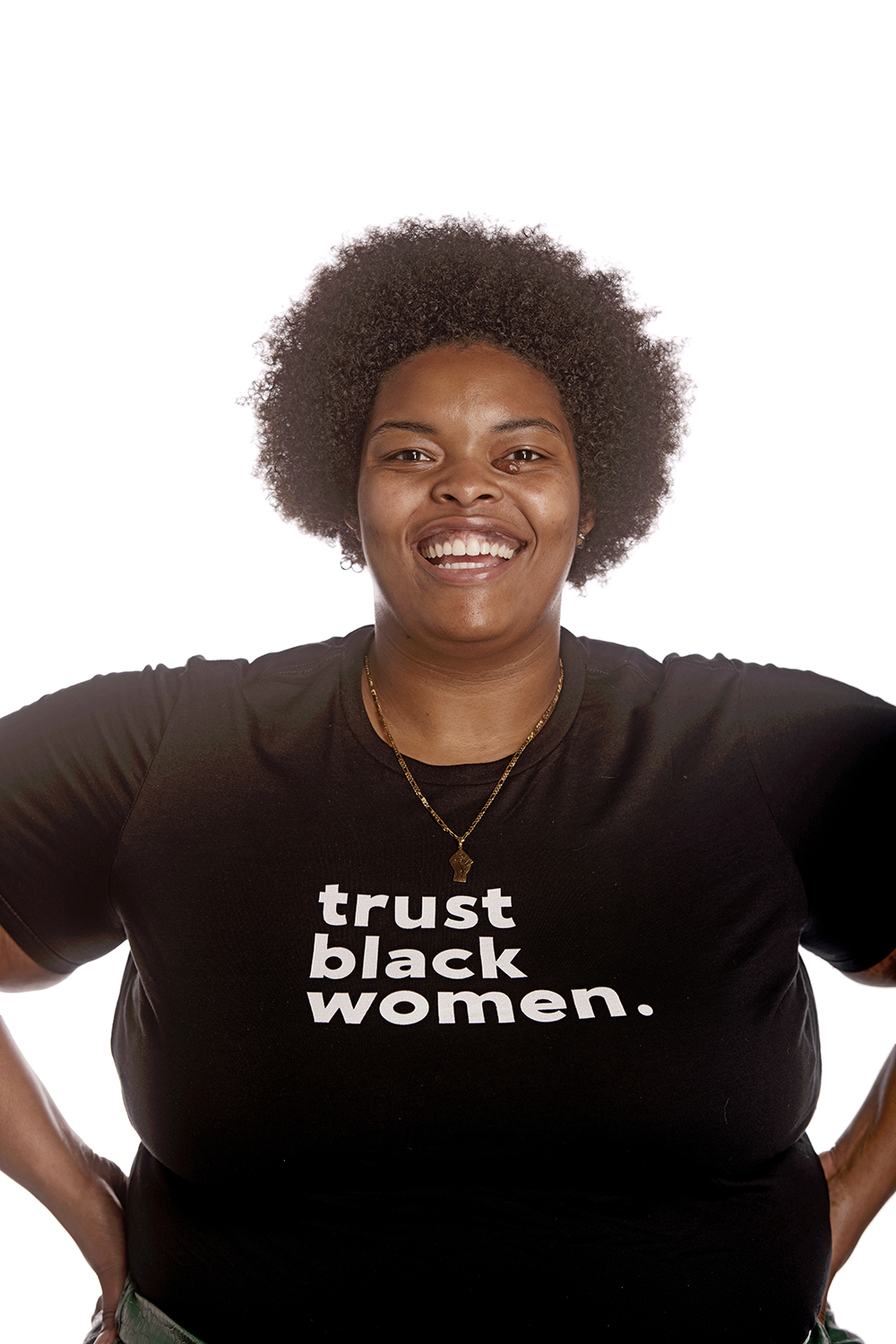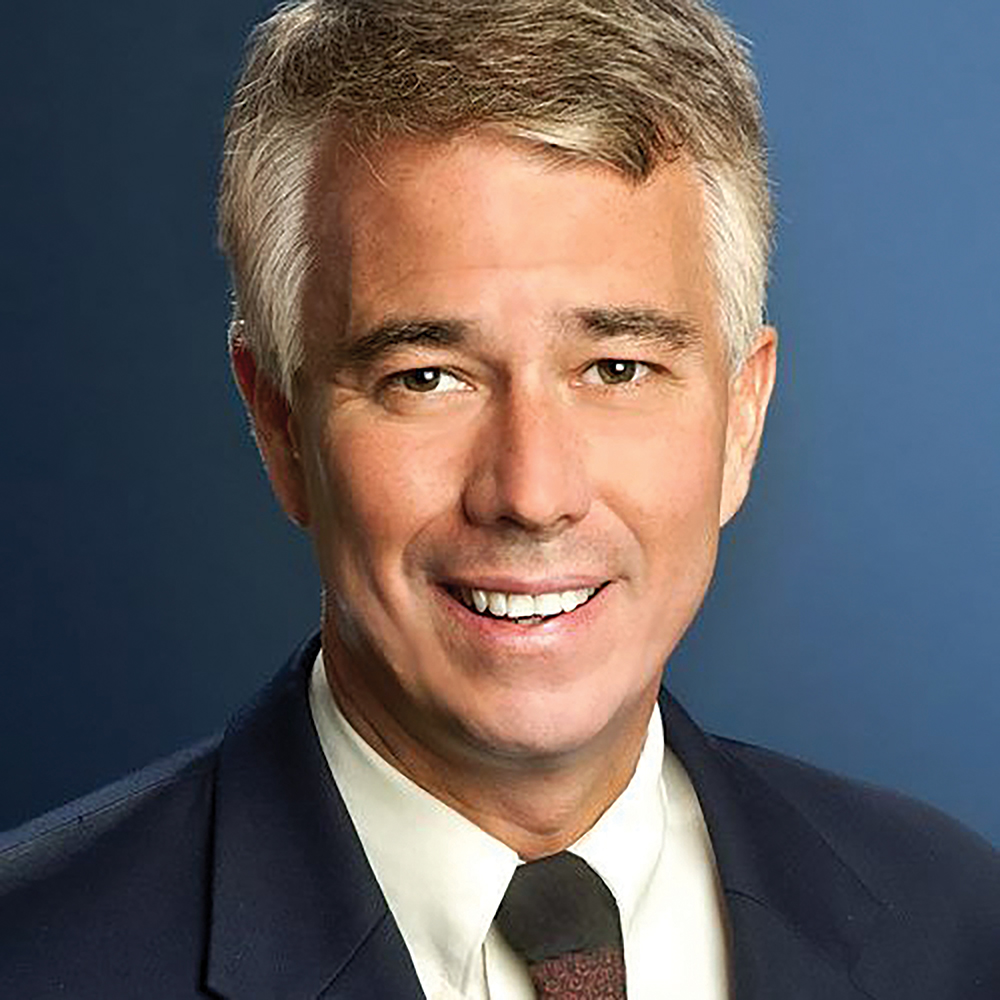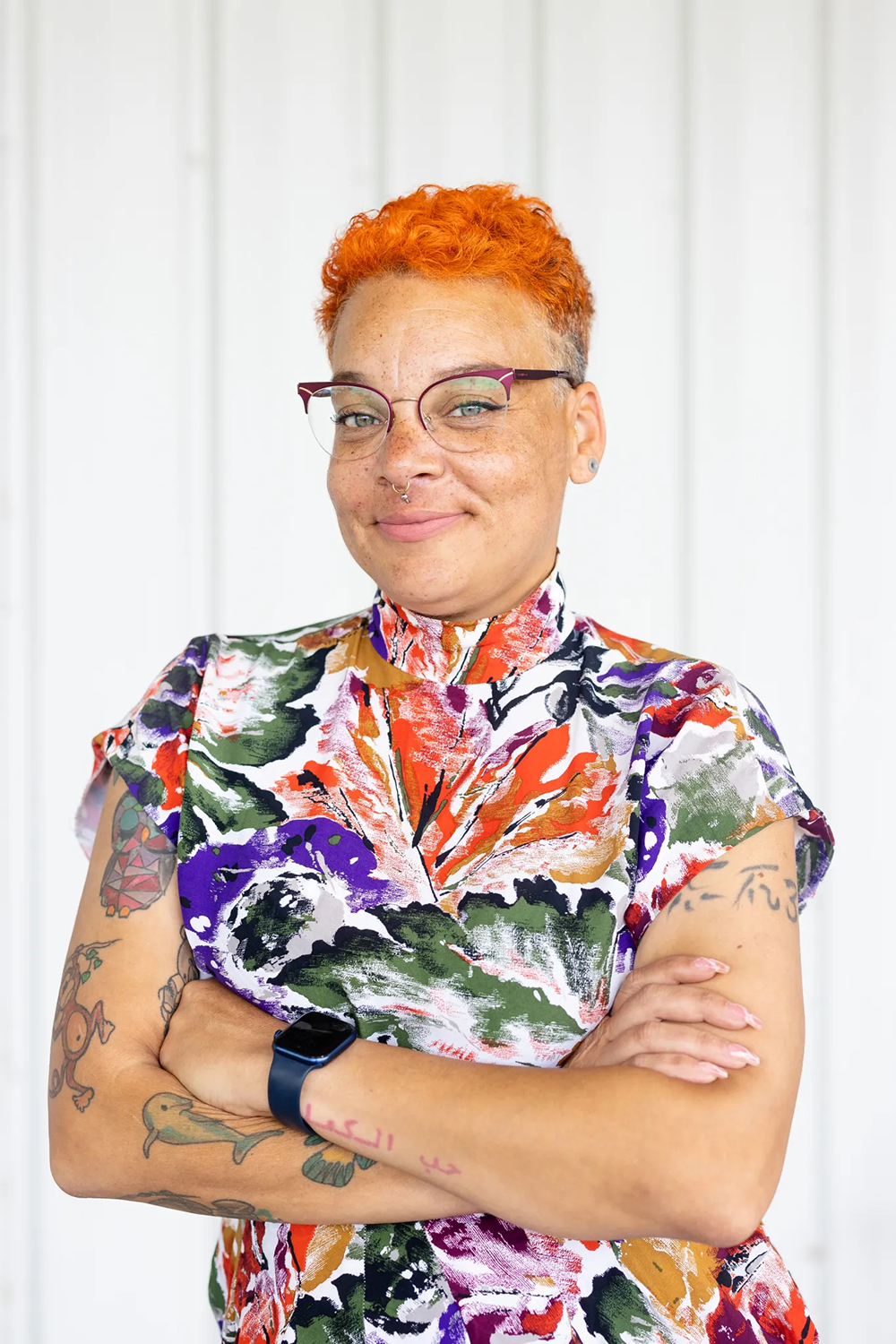If you commit a crime in Memphis, odds are you’re going to get away with it.
The “clearance rate” is a standard measure of police effectiveness used by the FBI. It measures the ratio of crimes reported to arrests made. Crimes cleared by “exceptional means,” such as when the perpetrator is known to police but died before they could be arrested, are also included.
In 2021, the most recent year for which numbers are available from the Tennessee Bureau of Investigation’s Crime Statistics Unit, the Memphis Police Department’s clearance rate for all reported crimes was 22 percent — less than half the national average of 54 percent. For murder, the MPD’s clearance rate was 38 percent. For forcible rape, it was 17.8 percent. For theft from motor vehicles, the rate was 3 percent.
“I think it’s important to point out that, compared to the national average, and compared to cities of comparable size, it is abysmal,” says Shelby County District Attorney Steve Mulroy.
Mulroy emphasized that he was not “throwing shade” on MPD, which he called under-resourced. Nor did he blame Police Chief C.J. Davis. “It takes more than a year and a half to change the culture of an organization that size.” Nonetheless, the below average clearance rates were, in his view, a big problem.

“They don’t clear cases,” says Josh Spickler, Executive Director of Just City, a nonprofit devoted to reforming Memphis’ criminal justice system. “That’s the one thing we have to talk about — they don’t solve crime.”
As of press time, the Memphis Police Department did not respond to emailed questions about the department’s clearance rates.
Most police officers, Spickler says, “do the best job they can, even though it’s an impossible job we’ve asked them to do … This is not a critique of the individuals. They’re not put in a position to solve crime. It’s just a disaster. No one is getting justice: Victims are not getting justice, you and I are not getting justice, the taxpayers who are paying for all this are not getting justice. I think something must be done. Something real, something big, something bold and courageous.”
Indeed, the three major national news stories from Memphis in the last year (which did not involve the Memphis Grizzlies) all contained elements of police failure.
The first was the kidnapping and murder of Eliza Fletcher on September 2, 2022, which caused a national media frenzy. The alleged perpetrator, Cleotha Abston-Henderson, was accused of rape in September 2021 by Alicia Franklin, who provided police with his name, phone number, and dating app profile. She submitted to a rape kit examination, but could not conclusively identify Abston-Henderson from an old photo police showed her, and no arrest was made. The case remained one of the 273 uncleared rape reports from 2021 until the rape kit was finally processed in the wake of the Fletcher murder, and Abston-Henderson was charged for both crimes. Franklin sued the city for failing to properly investigate the rape, but the lawsuit was recently dismissed. “They had more than enough evidence that night when they interviewed me to get him off the streets, but they didn’t,” Franklin told ABC News.
The second crime was the mass shooting perpetrated by Ezekiel Kelly on September 7, 2022. Kelly killed his first victim, Dewayne Tunstall, at 12:33 a.m. The murder was immediately reported, and first responders arrived promptly. But Kelly remained at large for another 15 hours before killing his second victim, Richard Clark, at 4:35 p.m. It wasn’t until after 6 p.m., when a 911 caller tipped police to the fact that Kelly was live-streaming his mobile murder spree on Facebook, that police knew Kelly had become a mass shooter. He was finally captured at 9:15 p.m.
Then came the police murder of Tyre Nichols.


Tyre’s Legacy
On January 7, 2023, Tyre Nichols was driving to have dinner at his parents’ house in Hickory Hill when he was stopped by two unmarked police cars. As Demetrius Haley and Emmet Martin III, plainclothes officers from the MPD’s SCORPION unit, were pulling Nichols from his vehicle, a third unmarked police car, driven by Preston Hemphill, arrived at the scene. As seen on Hemphill’s body cam video, Nichols offered no resistance, and tried to de-escalate the confrontation with officers, who yelled conflicting orders at him while they pinned him to the ground. One officer attempted to pepper spray Nichols, but instead sprayed the other officers, obscuring their vision. Seeing his chance to escape the assault, Nichols ran. When police caught up to him they took turns kicking and beating him as he cried out for his mother.

Before Nichols died in the hospital on January 10, 2023, photographs of his bruised and broken body were already circulating in Memphis. “When I saw those pictures of him, I was like, this is Emmett Till-level. This is someone beaten so viciously as to be completely unrecognizable. When you look at the picture of how he looked before that incident and afterwards in the hospital, it’s two totally different people,” says Amber Sherman, community organizer and activist behind The Law According to Amber podcast.
On January 27, 2023, the day the body cam and SkyCop videos of Nichols’ murder were released to the public, Sherman led the protests that shut down the I-55 bridge. They demanded the SCORPION unit be immediately disbanded. As excerpts from the videos played on national television, Sherman spoke to Mayor Jim Strickland on the phone. “I know you have the sole authority as the mayor to shut this down,” she told him. “So if you don’t want to use that power, cool. We’ll stay on the bridge.”
The police presence at the protest was minimal. “Of course they weren’t gonna show up, because people are watching y’all literally beat somebody to death on TV right now,” Sherman says. “Within 12 hours of us doing that protest, they shut down the [SCORPION] unit.”
Violent rioting had been predicted by some media and law enforcement. “I expected folks to hit the streets and make those calls for justice,” says Sherman. “What we expected to happen, happened. I think there were folks being upset that there wasn’t a riot or something like that. I always remind people that most protests that happen are pretty peaceful. That’s how they go. They don’t get violent until the cops come.”

DA Mulroy says he was not expecting violence, either. Two days before the videos were released, he announced charges of second degree murder, aggravated kidnapping, official oppression, aggravated assault, and official misconduct against officers Tadarrius Bean, Demetrius Haley, Emmitt Martin III, Desmond Mills Jr., and Justin Smith, all of whom had beaten Nichols at the second crime scene. It was three weeks since the initial traffic stop, a remarkably short period in these matters. “That was always in my mind: Let’s get the video out as soon as possible. But then we started to realize the video is gonna be really incendiary and could provoke a violent response. So ideally, if we could announce charges before release of the video, that would go a long way towards calming everybody down,” he says.
“I think the primary reason we didn’t see unrest in Memphis — and really, because of that, around the world — was because the wheels of formal justice and accountability had already begun to spin with those indictments,” says Spickler.
Besides, Mulroy trusted the activists. “We have a proud tradition in Memphis, going back decades, of public protests on these issues that were non-violent. In 2016, they took over the bridge, no real violence. In 2020, the summer of George Floyd, there were all kinds of marches and sit-ins and protests. Memphis activists always kept the peace.”
Mulroy was elected in 2022 on a platform that promised reform of the criminal justice system. He says he prioritized transparency in the case not just out of a sense of fairness, but also practicality. “I had campaigned all along on the [premise that] the public lacked confidence in the fairness of our justice system, particularly in the Black community. We needed reform not only for reform’s sake — which is sufficient reason in and of itself — but also as a means to the end of restoring public confidence, so that the community would start cooperating with law enforcement again in a way that they haven’t in recent years. That would be the key thing to bend the curve on violent crime.”
The Nichols killing was a prime example of why the community doesn’t trust the police, Mulroy says. “You had a specialized unit that was supposed to be, and was billed as, focusing on violent crime, that instead tried to get some easy collars and went to regular traffic stops to try to rack up some points. But they still took that violent crime warrior mentality with them, and it led to over-aggressive policing. I think probably the evidence will indicate that young Black males were targeted. As we’ve seen over and over again when we have these specialized units, they tend to be over aggressive. They tend to target young Black males. You had a culture develop — or maybe it had already been in in place, but was put on overdrive. You had a lack of supervision, inadequate training. That perfect storm led to that [incident]. I think we can surmise from the video that this wasn’t an isolated incident. It wasn’t just five bad apples. There is a cultural problem here that needs to be addressed.”
Mulroy declined to press charges against Preston Hemphill, the officer who had been at the initial traffic stop but couldn’t keep up with the fleeing Nichols and so never made it to the second scene where Nichols was fatally beaten. Hemphill is white, and the five officers who were charged were all Black. Mulroy says he concluded that the video evidence against Hemphill was too ambiguous to obtain a conviction. “It’s possible to act in a way that brings dishonor to the uniform and rightfully results in termination from the police department and rightfully results in revocation of the person’s eligibility to ever serve in the law enforcement capacity — it’s possible to do all those things without actually violating the criminal statutes of Tennessee.”
Nichols’ family’s attorney Ben Crump supported the decision not to charge Hemphill, given that he is cooperating with the investigation. But Mulroy’s reasoning rings hollow to Sherman. “The fact that those [charged] were all Black officers, I think they wanted to remind them that, at the end of the day, you’re Black first and we’re gonna treat you just like we treat other Black folks in the street when we overcharge them or when we target and prosecute them. We’re gonna treat you the same exact way. They don’t get any special class or special privilege they thought that they would have as police officers.”
The Community Rises
The officers on the scene said they pulled Tyre Nichols over for reckless driving. On January 27th, as the videos of the stop and beating were being released, Police Chief C.J. Davis admitted there was no proof that Nichols had broken any laws. It was a pretextual traffic stop, says Chelsea Glass of Decarcerate Memphis. “A pretextual traffic stop is like a non-moving violation; for example, a brake light is out, your windshield is cracked, your bumper is missing. Another common one now is if you have drive-out tags. Even if your drive-out tags are totally legal, you’re at risk of being stopped because they’re trying to find out if the car is stolen or not. That’s what they say because the whole thing about a pretextual traffic stop is, it’s a pretext to look for other violations.”
Decarcerate Memphis’s 2022 report “Driving While BIPOC” analyzed data from 10 years of traffic stops. “We found that Black and brown communities were disproportionately overrepresented in the data. So while Memphis is a predominantly Black city, we still found that they were overrepresented out of proportion with their population.
“This is something that we’ve been working on for years,” she continues. “We’ve talked to hundreds of people across Memphis. To be quite honest with you, the campaign itself took very little education. People know what the police are doing and why they’re doing it. I think the people who are less affected by these issues are the ones that are a little bit more easily confused by what’s really at stake and what’s really happening.”

After the initial burst of public protests, activists like Sherman, Glass, and West Tennessee Regional Organizing Director for the Equity Alliance LJ Abraham concentrated their efforts on the City Council. “I actually think the momentum is a lot higher right now, because we’ve been able to pass some of the ordinances through City Council,” Abraham says. “That’s just a general basis of beginning actual police reform in Memphis, like ending pretextual stops, ending the use of unmarked police cars, doing data transparency, and just making sure that there is accountability on the side of police. … I think the situation around Tyre Nichols has kind of catapulted the fight for actual reform a little bit higher based on the manner in which he was killed.”
The fight has been emotional and bruising for everyone. Sherman was banned from City Council meetings (illegally, she says). “ I don’t care if they like me,” she says. “I care about being effective in getting policies put in place to keep people safer.
“I think we’ve changed public opinion on pretextual traffic stops,” Sherman continues. “I think public opinion around unmarked cars was always that they were not okay. A lot of folks are really appreciative of that, because they don’t agree with using unmarked cars for traffic enforcement.”
The pretextual traffic stop ordinance which passed the council is narrower than what Decarcerate Memphis wanted, says Glass. “It’s still considered a win, but it’s not entirely what we asked for. Ultimately, we’re pleased with the items that did pass.”
Can We Fix It?
The word that comes up over and over again when discussing police reform is “culture.” Many police, the argument goes, see the public as an enemy, and act like an army occupying a hostile land. “When I was younger, we got along with the cops,” says Abraham, who is 42. “I used to hang out with the cops, sit out on my porch and laugh and joke with them. But growing up and seeing the direction that policing has actually gone is probably one of the most disgusting things I’ve ever seen in my life. It can’t be this way. I think the police officers we hire, they’re really terrified; just scared for themselves, and not scared for anything else. But how can you take that job where you’re supposed to exhibit some level of bravery?”
The so-called “elite” units, like the SCORPION unit Chief Davis founded with a promise to “take the gloves off,” are a product of the “warrior cop” mindset. “I do believe there are people that we need to take care of us, to guard us, to protect us,” says Spickler. “That’s the mission of a police officer. It is not [to be] out there to wage war, not to battle, fight, and all these words we use when we talk about crime. But that’s what it’s become.
“We were told we’re gonna do whatever it takes to make sure there’s no repeats,” he continues. “But then, we had this battle at City Council where the community was very organized and very clear on what it wanted in these ordinances about traffic stops. The mayor’s administration comes in and says, ‘We can’t do that. Here’s the reason why.’ That’s as clear evidence as you need that they’re not serious. They’re not ready to do the things that need to be done.”
Crime and policing has become the central issue in this year’s mayoral election. Defenders of the status quo maintain that insufficient incarceration is what is driving the city’s crime rate. Cleotha Abston-Henderson served 20 years of a 24-year sentence for kidnapping. Ezekiel Kelly was convicted of aggravated assault when he was 16, and tried as an adult. He was released from prison early during the pandemic. On May 12th, Mayor Jim Strickland, who is not up for re-election because of term limits, led his weekly email newsletter with the image of a Monopoly “get out of jail free” card. “Someone is giving these out,” the newsletter read. “It’s not the Memphis City Government. It is not the Memphis Police Department or the Shelby County Sheriff’s Department. It appears that it is multiple people within the criminal court system at 201 Poplar and the Juvenile Court. And what’s worse — the bad guys know it, and they are encouraged to keep committing crimes.”
DA Mulroy says, “The narrative you hear from critics of reform is, one, the cops are doing a great job bringing everybody in, but two, the liberal DA and judges are letting them right back out. Three, they immediately re-offend, and four, that’s why we’re having a high crime rate. Every one of those assertions, one through four, is false. The clearance rates indicate that they’re not bringing them in. The DA doesn’t set bail. The supposedly liberal judges are not letting them out the way the public thinks. Although I may have disagreed with some of the individual, controversial bail decisions, nonetheless, the narrative that it is just a revolving door is false. They are not re-offending when they do get out. Less than one in four re-offend at all while they’re on bail — and less than 4 percent re-offend violently. And then finally, that’s not what’s driving crime. Because if you added up all the cases in which people who were let out on bail re-offended while they were out on bail, it would be less than one eighth of the total crimes in any given year. Even if we decided to violate the constitution and deny everyone bail, we would still have an unacceptably high crime rate. So we are focused on the wrong thing.”
Simply hiring more police to enact the same policies won’t work, says Spickler. “It’s the old hammer and nail metaphor. When you’re a hammer, everything looks like a nail. Sometimes you need a hammer. Sometimes that’s the right tool for the job — but not all the time.”
“The tough-on-crime approach is not working,” says Glass. “If it did work, we would see the fruits of that labor. We need a leader that is interested in investing in the communities and healing the city. People are really suffering in Memphis, suffering from trauma, suffering from poverty. There are real issues that need to be addressed, and by addressing some of those issues, like education or the housing crisis or low-wage jobs, naturally the outcome is that crime will be addressed. As long as we are able and capable of meeting people’s needs, the other stuff takes care of itself. Nobody believes that there are communities of people that are inherently bad or inherently violent. There are communities that are oppressed, and that oppression, it’s like an illness, the trauma, the sickness. Let’s start treating poverty like a public health crisis instead of treating communities like they’re just irredeemable and only worthy of punishment and punitive measures.”
*The online version of this story has been modified slightly to clarify several quotations.
